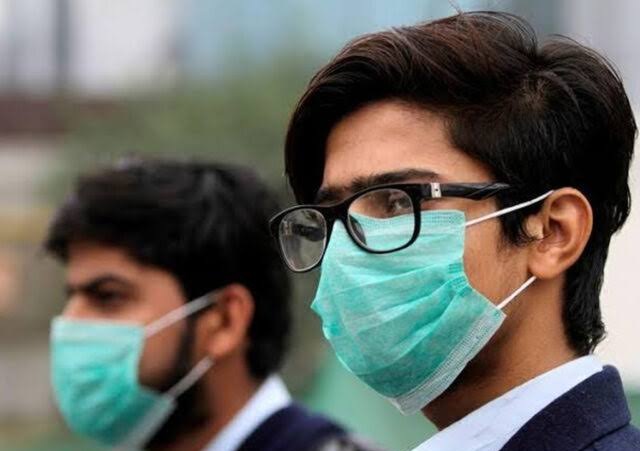New Delhi (NVI): The COVID-19 pandemic had a devastating effect on the education and training of young people as more than 70 per cent of students have been shut out of schools, universities and training centres worldwide, according to ILO, the UN labour agency.
According to the report titled ‘Youth and COVID-19: Impacts on Jobs, Education, Rights and Mental Well-being, ” About 65 per cent of young people have reported learning less since the pandemic began, citing the transition from classroom to online and distance learning, during lockdown.”
Despite their efforts to continue studying and training, half of the students surveyed believed their studies would be delayed while nine per cent feared that they might fail.
The situation is even worse in lower-income countries with limited internet access, a dearth of equipment, and sometimes a lack of space at home of work, the report said.
The report highlights large digital divides between region. While 65 per cent of youth in high-income countries were taught classes via video-lectures, only 18 per cent in low-income countries were able to maintain their studies online.
“The pandemic is inflicting multiple shocks on young people”, said, ILO Director-General Guy Ryder. “It is not only destroying their jobs and employment prospects, but also disrupting their education and training and having a serious impact on their mental well-being.”
The report further stated, 38 per cent of young people feel deeply uncertain over future career prospects, against the backdrop of further obstacles in the labour market and a lengthened transition from school to work due to the pandemic.
Moreover, some have already felt a direct impact with one in six youth having to stop work since the onset of the pandemic, some have already been directly impacted, suffering lost income.
About, 42 per cent of those who have continued to work have seen their incomes reduced, this had an impact on their mental well-being. The survey found that half of all young people have been feeling some degree of anxiety or depression during the pandemic, the ILO said.
Despite the extreme circumstances, young people have continued to mobilize and speak out about the crisis, according to the survey, a quarter of young people have done some kind of volunteer work during the pandemic.
Ensuring that their voices are heard is critical for a more inclusive COVID-19 response, said ILO, adding that giving youth a chance to articulate their needs and ideas during decision-making procedures improves the effectiveness of policies and programmes.
The report also calls for urgent, large-scale and targeted policy responses to protect an entire generation from having their employment prospects permanently scarred by the crisis.
This includes re-integrating into the labour market those who have lost jobs, ensuring youth access to unemployment insurance benefits, and instituting effective measures to boost mental health.
-RJV








